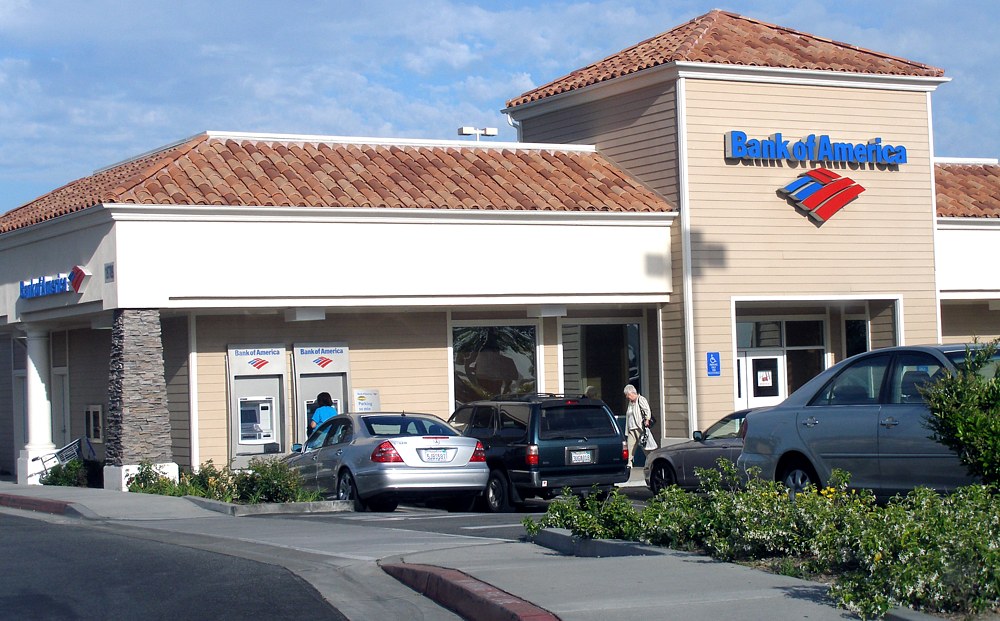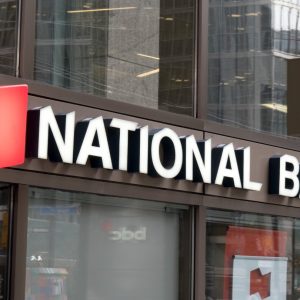
Bank of America (BofA) has entered into a $1.8bn settlement with insurance company Ambac Financial and its subsidiaries to resolve all the pending lawsuits against the lender.
The settlement concludes BofA’s residential mortgage-backed securities (RMBS) case related to Countrywide, which collapsed during the 2008 financial crisis.
BofA acquired Countrywide in 2008 when the mortgage crisis shook the financial system.
Ambac had insured securities backed by Countrywide loans worth $25bn from 2004 through 2006.
The insurer claimed that 80% of the loans failed to meet proper underwriting standards or violated insurance agreements, and the banks failed to repurchase the loans as required.
According to its SEC filing, the US lender will incur $354m in expenses for settlement, and booker for third-quarter earnings, after setting aside funds for the payment.
Bank of America, in its statement, said: “As a result of the previous accruals and in consideration of the Settlement Payment, the Corporation expects to incur a pre-tax expense in the third quarter of 2022 of approximately $354m, or $0.03 per share on an after-tax basis.”
As part of its efforts to mitigate the impact of the 2008 crisis, BofA had already repaid a $45bn bailout by taxpayers and was hit with more than $76bn in fines.
Ambac is anticipated to gain around $390m, after reinsurance and discount accretion, and call premiums on its affiliate AAC’s secured debt.
AAC intends to repay all outstanding Sitka Notes worth around $1.21bn, along with nearly $213m of Tier 2 Notes, pursuant to its contractual obligations.
The company is expected to receive the funds within 10 days after the satisfaction of certain conditions, including the dismissal of the pending RMBS litigations.
Ambac said that the settlement materially exceeds the amount of subrogation recovery recorded on its second-quarter 2022 financial statements.
Ambac president and chief executive officer Claude LeBlanc said: “Ambac is very pleased to have reached this settlement with Bank of America, which materially advances our strategic priority to progress AAC to a stable runoff and further maximizes optionality for our legacy financial guaranty business.”






